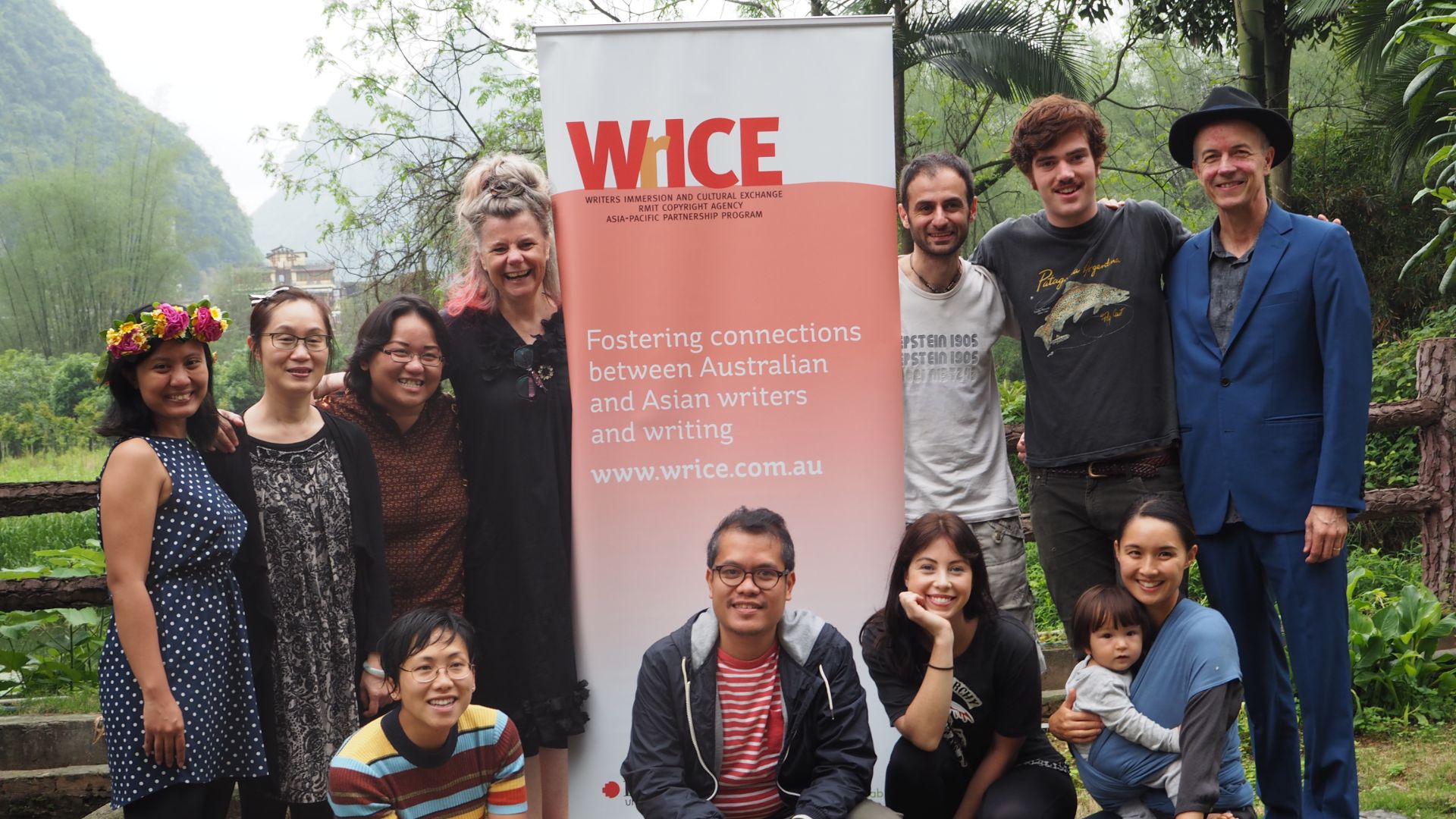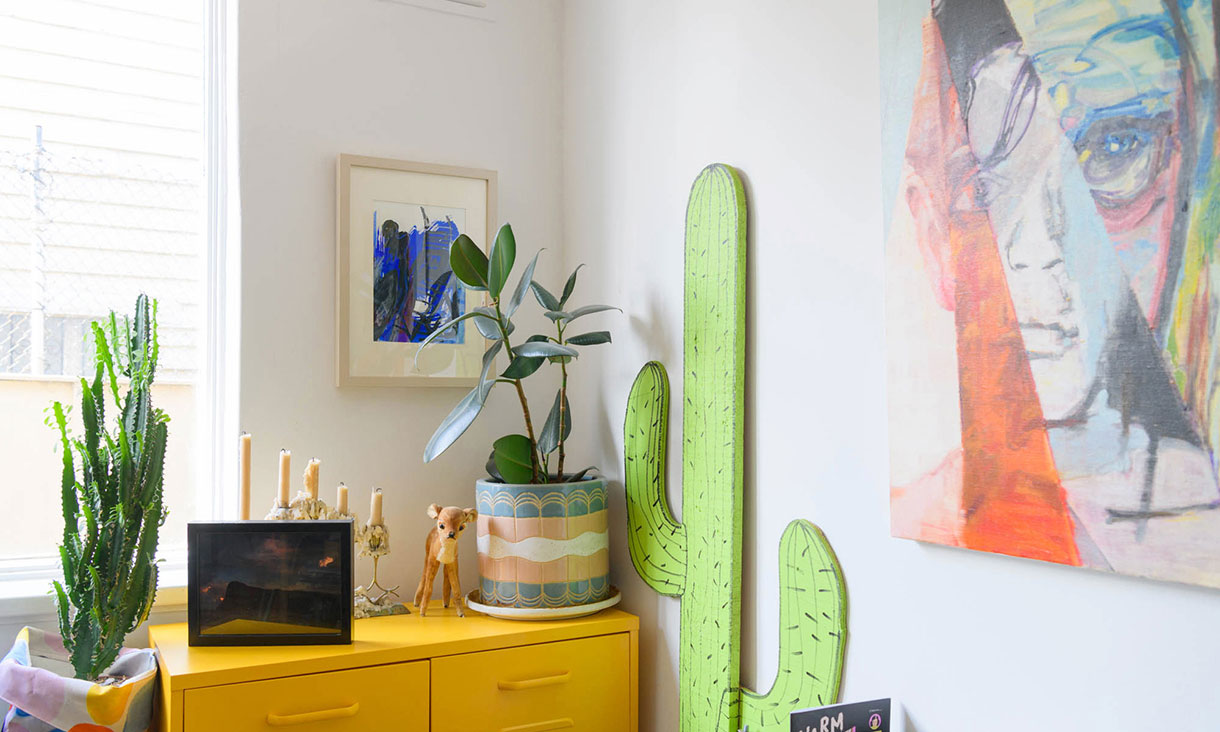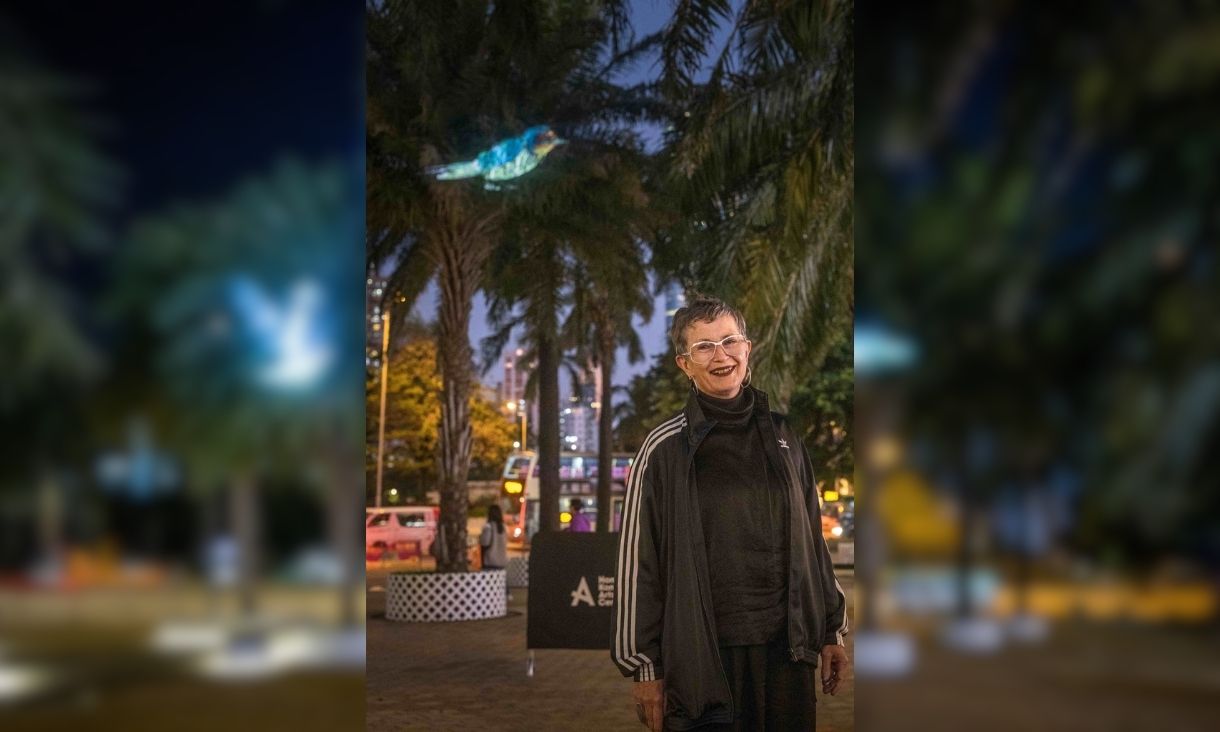Bringing together writers across Asia-Pacific
The RMIT research program, called WrICE, led by RMIT Professors Francesca Rendle-Short and David Carlin, has developed a unique model of ‘collaborative residencies’ since 2014 that brings together small groups of writers, from emerging to internationally renowned, for an intensive period of writing, sharing work, listening and reflecting, alongside public engagements.
More than 90 writers from 15 countries across the Asia-Pacific have taken part, including from Australia alone, Alice Pung, Christos Tsiolkas, Melissa Lucashenko and Ali Cobby Eckermann. WrICE has conducted programs in Singapore, Malaysia, Vietnam, China, the Philippines, Indonesia and Australia. In 2023, the first Indigenous-led WrICE residency, conceived and facilitated by Ali Cobby Eckermann and Dicky Senda, took place in Senda’s homeland of Mollo and Kupang, West Timor.
WrICE-lead, Professor Francesca Rendle-Short, reflected that the focus has been on how true cultural exchange can occur, taking account of power dynamics and different histories, languages and worldviews.
“WrICE asks, how can new ties be formed, and old links re-established, through making time to share, listen to, and learn from each other?” Rendle-Short said.
Co-lead David Carlin reflected on the history of the cultures and peoples of the Asia-Pacific having a multitude of connections, some of them dating back thousands of years with cultural flows between South, Southeast and East Asia.
“Forces of colonialism and modernity have interrupted those connections, and new migrants and settlers have arrived, bringing their own stories and erasing others,” Carlin said.
“However, writers in the region haven’t had the opportunity to get to know their neighbours on a deeper level.”
WrICE has developed a strong, organic network of writers and translators across the Asia-Pacific, sparking all sorts of partnerships between writers to develop new projects, translations, and publications across the region.
The symposium will also include the premiere screening of Tapun Ma Tatef, a documentary about the inaugural Indigenous-led WrICE residency, as well as the launch of the third WrICE Anthology, other people’s windows: new writing across the Asia-Pacific, edited by Francesca Rendle-Short and David Carlin. The anthology was produced by RMIT’s Bowen Street Press.
Story: Ali Barker and David Carlin








